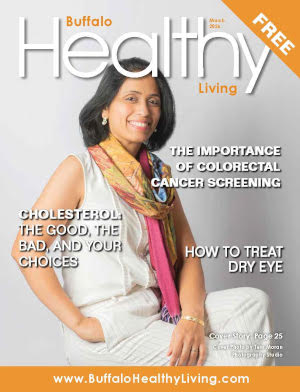Should Bird Flu Make Me Worry About Eating Eggs?

by Annette Pinder
The recent outbreaks of bird flu (avian influenza) have raised concerns about poultry and egg safety. However, the risk of getting bird flu from eating properly cooked eggs is extremely low. Here’s what you should know:
Cooking Kills the Virus.
Bird flu viruses, including H5N1, are killed by proper cooking. The USDA and CDC recommend cooking eggs to an internal temperature of 160°F (71°C) to eliminate any potential viruses or bacteria. Avoid eating raw or undercooked eggs to stay safe.
Contaminated Eggs Are Rare.
Even in flocks affected by bird flu, eggs that make it to grocery stores are generally safe. Infected farms typically stop selling eggs, and food safety agencies closely monitor outbreaks.
Safe Egg Handling Is Important.
Buy pasteurized eggs if consuming them raw (for dishes like homemade mayo or eggnog). Wash hands after handling raw eggs. Store eggs in the refrigerator at 40°F (4°C) or below.
Impact on Egg Supply & Prices.
Bird flu can cause temporary shortages and price spikes due to infected farms culling their flocks. This was seen in previous outbreaks, but supply usually stabilizes over time.
Bottom Line.
There’s no need to panic about eating eggs, as long as they are properly cooked. If you prefer extra caution, choose pasteurized eggs for raw consumption. Keep an eye on official health and food safety recommendations, especially if bird flu outbreaks continue.
As of February 12, 2025, there have been no reported cases of avian influenza (bird flu) in Western New York. Recent detections in New York State have been primarily in New York City and surrounding counties. For instance, authorities temporarily closed live poultry markets in New York City, Westchester, Nassau, and Suffolk counties after detecting bird flu at seven markets. The New York State Department of Health has confirmed that, to date, there have been no human cases of avian influenza and no detections in cattle in New York.
While the risk to the general public remains low, it’s essential to stay informed and follow recommended safety measures, especially if you handle poultry or come into contact with wild birds. For the most current information, monitor updates from the New York State Department of Health and local health authorities. If you do come in contact with wild birds and experience flu-like symptoms after potential exposure, see a doctor immediately.
Article Source: Reuters and Health.NY.Gov









